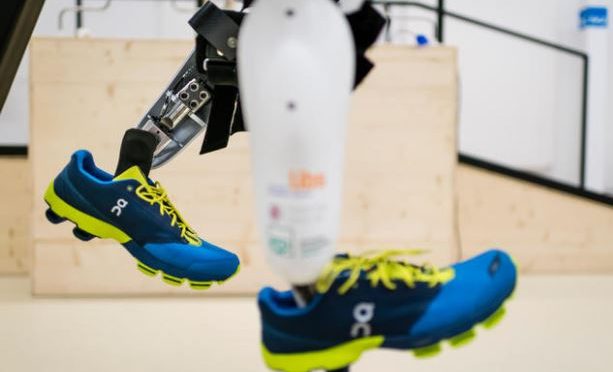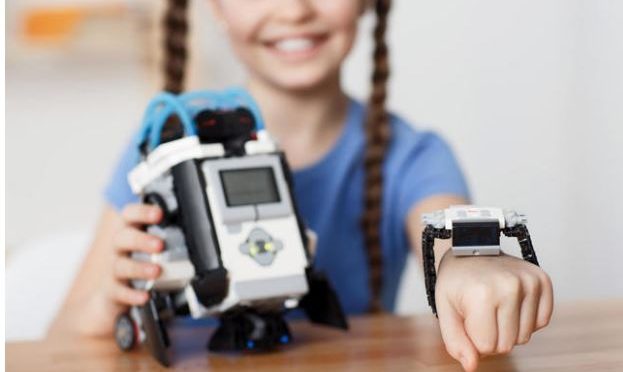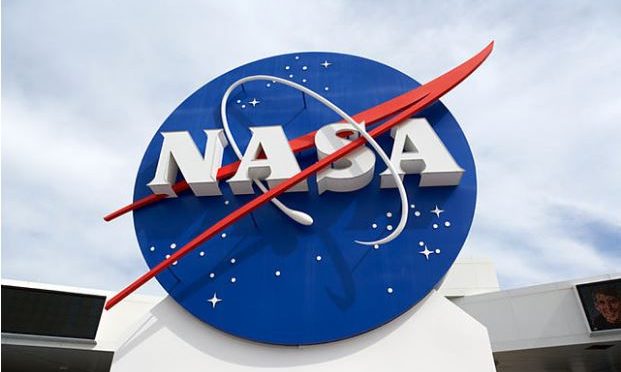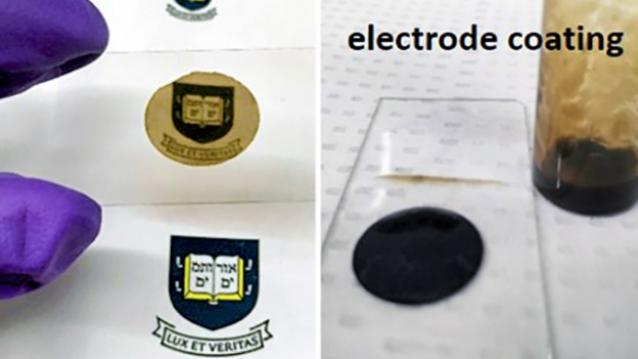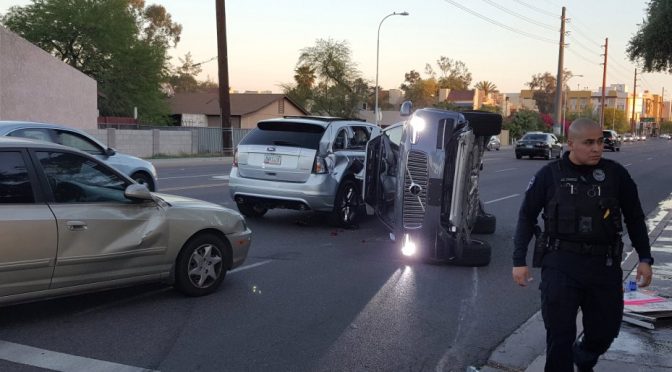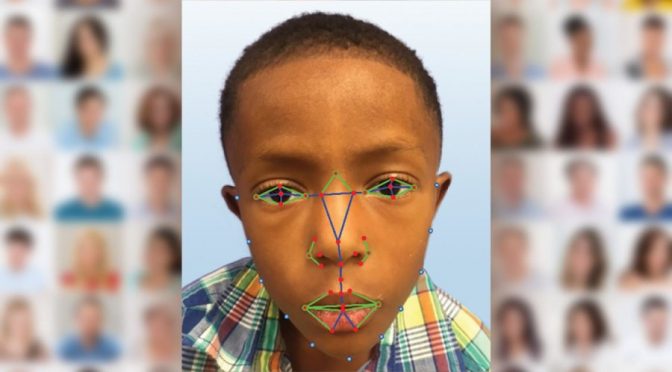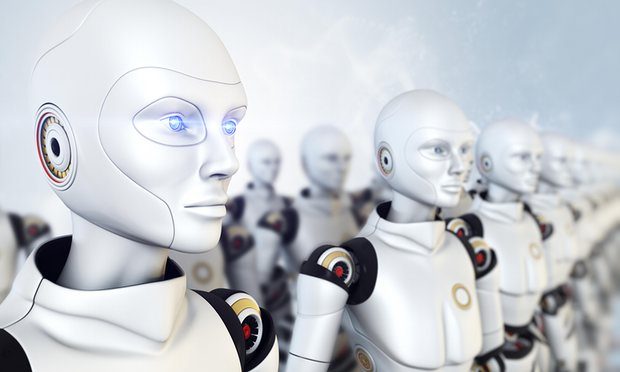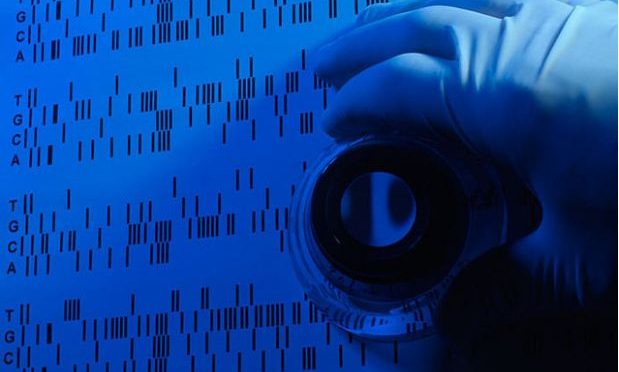In a first, a research group has found that by changing only its parameter related to speed, a quadruped robot can spontaneously change its steps. Continue reading Quadruped robot can change steps with speed
Monthly Archives: March 2017
China-made wearable robot to enter market
A China-made wearable robot, which can help disabled people walk, is expected to enter the market in one to two years, the developer has said. Continue reading China-made wearable robot to enter market
NASA stopwatch to measure fraction of a billionth of second
NASA engineers have built a stopwatch that can measure accurately fraction of a billionth of a second. Continue reading NASA stopwatch to measure fraction of a billionth of second
Gel-like coating can boost lithium-sulfur battery performance
Scientists have developed an ultra-thin gel-like coating material that has the potential to extend the life and improve the efficiency of lithium-sulfur batteries.
“Our approach is general, in that it can be integrated with virtually any kind of sulfur electrode to increase cycling stability,” said lead investigator of the study Hailiang Wang, Assistant Professor of Chemistry at Yale University in New Haven, Connecticut, US.
In a study published online in the Proceedings of the National Academy of Sciences, the researchers described the new material which can be applied to any sulfur cathode.
A cathode is the positive terminal on a battery.
Sulfur cathodes coated with the material can be stably discharged and recharged for more than 1,000 cycles, enhancing the battery’s efficiency and number of cycles, according to the researchers.
“The developed film is so thin and light it will not affect the overall size or weight of the battery, and thus it will function without compromising the energy and power density of the device,” Wang said. Continue reading Gel-like coating can boost lithium-sulfur battery performance
Uber suspends self-driving cars after crash
Two spacewalking astronauts ventured outside the International Space Station on Friday for a 6-1/2-hour spacewalk, the first of three to prepare the orbiting laboratory for future commercial space taxis and to tackle maintenance chores, NASA TV showed.
Continue reading Uber suspends self-driving cars after crash
Facial recognition tech helps diagnose rare genetic disease
Researchers have successfully used a facial recognition software to diagnose a rare, genetic disease that mainly affects children of African, Asian and Latin American descent, paving the way for physicians to diagnose the disease by snapping a photo.
The technology used to diagnose the disease, 22q11.2 deletion syndrome, also known as DiGeorge syndrome and velocardiofacial syndrome, is similar to that used in airports and on Facebook. Continue reading Facial recognition tech helps diagnose rare genetic disease
UK workers at risk of being replaced by robots
More than 10 million UK workers are at high risk of being replaced by robots within 15 years as the automation of routine tasks gathers pace in a new machine age, a report said on Friday.
The report by the consultancy firm PwC found that 30 per cent of jobs in Britain were potentially under threat from breakthroughs in artificial intelligence (AI). Continue reading UK workers at risk of being replaced by robots
This algorithm can predict users’ affinity towards mobile game
Researchers have developed a new algorithm that predicts when a user will leave a mobile game
This information can become handy for the game studios so that they can design strategies to maintain the player’s interest.
Continue reading This algorithm can predict users’ affinity towards mobile game
‘Sensory skin’ to detect damage outside spacecraft
Scientists at NASA’s Kennedy Space Center in Florida are developing a system that acts like a sensory skin to help astronauts to know exactly when the outside of their spacecraft has been damaged
The “Flexible Damage Detection System” technology may offer a possible solution to NASA’s problem of figuring out in real-time where a spacecraft is damaged and how seriously. Continue reading ‘Sensory skin’ to detect damage outside spacecraft
Science says: Unavoidable typos in DNA help fuel cancer
Cancer patients often wonder “why me?” Does their tumor run in the family? Did they try hard enough to avoid risks like smoking, too much sun or a bad diet?
Continue reading Science says: Unavoidable typos in DNA help fuel cancer
